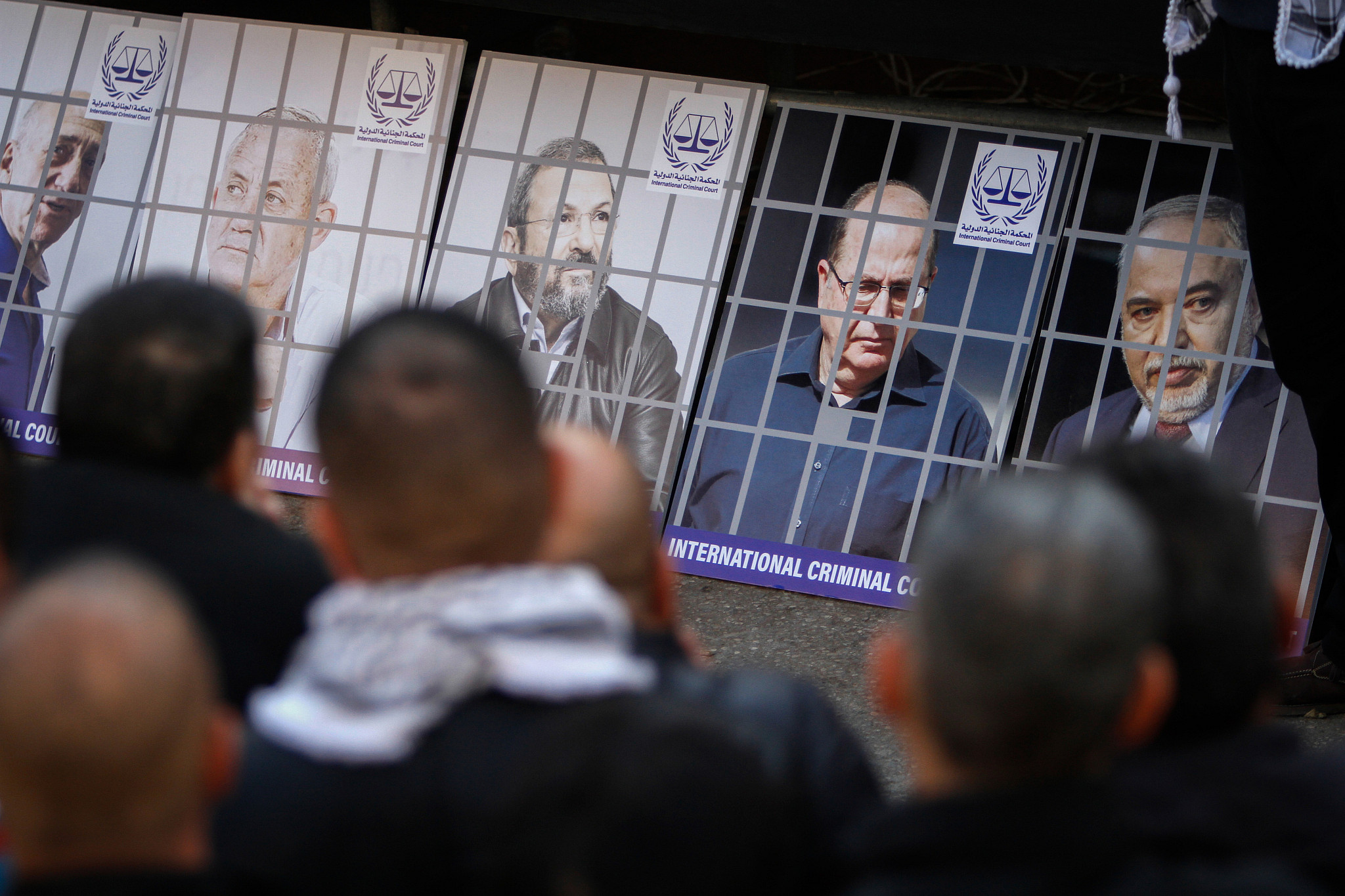
As the ICC prosecutor’s investigation awaits a green light, Palestinian experts reflect on what the legal battle portends for their struggle.
By Amjad Iraqi | +972 Magazine | Jan 13, 2020
While Israeli and U.S. officials condemned the news, Palestinians praised it as a major step in the fight for accountability and justice.
In a surprise statement last month, Fatou Bensouda, the chief prosecutor of the International Criminal Court at The Hague, announced that there is legal basis to probe Israel and Palestinian groups over war crimes in the West Bank (including East Jerusalem) and the Gaza Strip, and that her office was ready to investigate the matter.
While Israeli and U.S. officials condemned the news, Palestinians praised it as a major step in the fight for accountability and justice. Yet many remain concerned by one caveat: the prosecutor asked the ICC’s pre-trial chamber to “confirm” that Palestine was indeed a “state,” a status it has held since it was officially recognized by the UN General Assembly in 2012. Without that approval, the ICC may not have the jurisdiction to carry out its work. The chamber has till April to give its answer.
The announcement has stirred many questions and mixed reflections among Palestinians. Why is Palestine’s legal statehood still in question? What does this mean for the Palestinian struggle moving forward? And why did it take so long for the prosecutor to support an investigation, despite an abundance of evidence?
